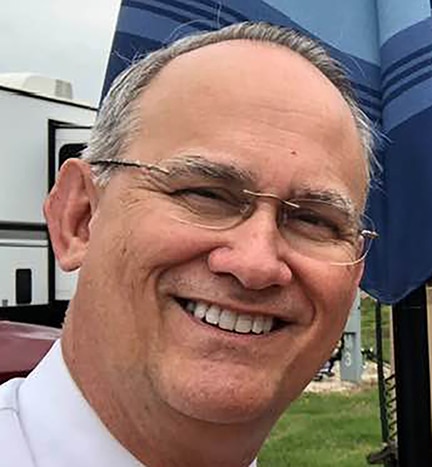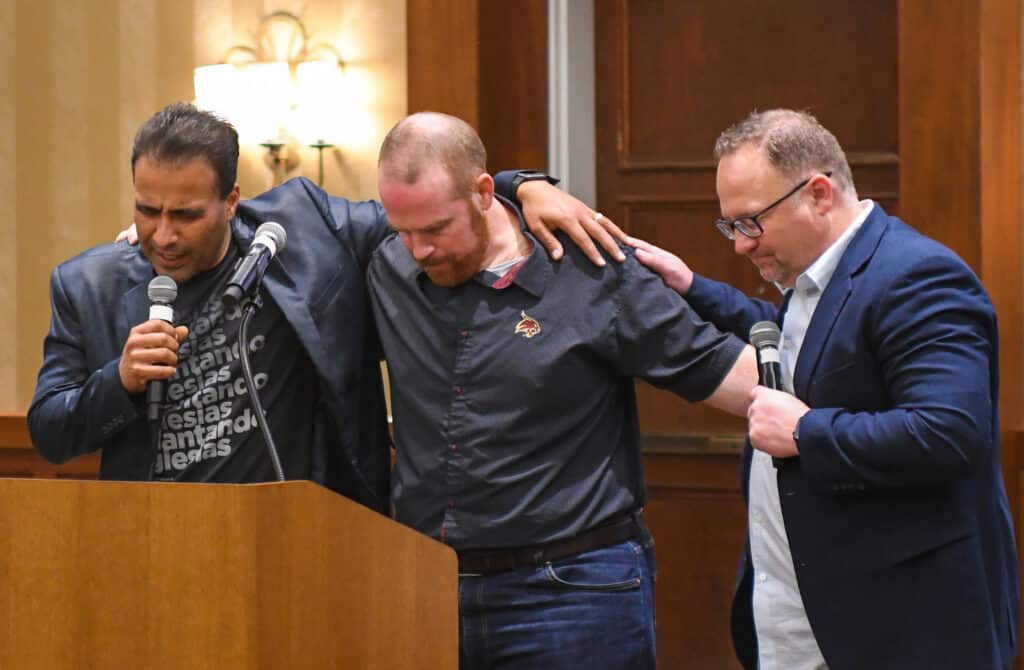HOUSTON–“Houston is one of the most culturally diverse metropolitan areas in the country” and, as such, “is at the forefront of the new ethnic diversity that is refashioning the socio-political landscape of urban America,” according to a 2005 report issued by professor Stephen Klineberg and the Rice University sociology department.
That diversity revealed itself as the once mostly bi-racial (Anglo and black) metroplex saw dramatic shifts in population in the last two decades of the 20th century. The study revealed that black and Anglo populations in Houston decreased as the Asian and Hispanic populations grew exponentially. The “Asian/Other” people groups grew from 2.1 percent of the total population in 1980 to 6.6 percent of the total by 2005.
The 2000 U.S. Census ranked Texas second behind California in the number of Vietnamese immigrants, with Houston home to almost 61,000 people of Vietnamese heritage. For churches reaching this subculture, being sensitive to slow assimilation into mainstream America and building trust and respect among Vietnamese immigrants is vital, Baptists who work among the Vietnamese in Houston told the TEXAN.
Houston-area Union Baptist Association consultant Rickie Bradshaw told the TEXAN newer immigrants like the Vietnamese who have settled in the Alief district of Houston are resistant to assimilation into mainstream American culture. Instead, they tend to surround themselves with the comforts of their homeland, including everything from the food they eat to the temples in which they worship.
Not only have the faces changed in Alief but the street signs as well–now posted in English, Chinese, and Vietnamese. To reach the people surrounding a church, a paradigm shift needs to occur within the church. Congregations need to change their focus from ministry to missions, Bradshaw said. “Reaching people for Christ” does not necessarily result in new members to the church, especially if those new believers are of a culture different from the local church.
“You can’t just bring people into the church and expect them to be like you,” he said. More and more immigrants, he added, are staying close to their roots, assimilating less into the American melting pot. “No longer are immigrants wanting to become part of the American culture.”
Churches that don’t change with their surrounding neighborhoods are doomed to die out. When new neighbors, who look, speak, eat, and live differently than the established church–in Houston, historically Anglo and black–do not become a part of that congregation, the church does not grow and only continues to lose members through death and attrition. What’s left, Bradshaw said, is a sanctuary that seats 600 with only 20 original members seated on the front rows and the local ethnic group squeezed into the church library.
Therefore, diversity does not mean boasting of a congregation that is a reflection of the U.S. Census for a community, but accepting the changing complexion of that community and enabling believers within the ethnic minority to establish and maintain churches that are uniquely theirs. The local church, instead of drawing in the new neighbors, needs to plant churches that are culturally relevant to their new neighbors.
Of the 630-plus churches within the UBA, Bradshaw said he could think of only three congregations that are truly multi-cultural. Aside from those, 220 churches have African-American pastors; 180 are led by Spanish-speaking pastors; 70 are Asian-American congregations. The rest are predominantly Anglo.
He recalled three well-intentioned pastors from the West Coast arriving in Houston and conferring with him about planting multi-cultural congregations, a common phenomenon in California.
“They found the ground was pretty hard,” he said.
Houston, like most of the South, “wasn’t birthed in diversity,” he explained. The large cities and small towns were essentially made up of blacks and whites. As immigrants began to set up housekeeping in those towns, they tended to keep to themselves–opening storefronts, restaurants, and community centers catering to their ethnic group.
When churches see ethnic changes coming to their communities, they should see the changes not as a threat but as an opportunity to encourage believers within that people group. To determine what kind of changes a community is experiencing, Bradshaw said members of the church must “sit on the front porch and see who passes by.” They should ask themselves, “Why is God bringing them and who amongst them needs the gospel?”
Prayerfully consider what response the church should take and then move as the Holy Spirit leads. He said churches should look beyond bringing the newcomers into the church and, instead, empower them to establish churches of their own.
“There’s a large number of believers who say being externally focused is not ‘church.’ And they’re right. That’s missional.”
When the immigrant believers are encouraged in the establishment of their Christian spiritual roots in their new homeland, the lost of that same group will be drawn to the Lord.
The need for the urban churches to be mission minded is reflected in the number of baptisms, or the lack of them. Harris County has nearly 4 million residents and a growing population. Church memberships are up but not baptisms. That, Bradshaw said, is an indication that believers are joining churches, not the new converts.
Helping churches become mission minded and employing strategies for achieving that end are available through area Southern Baptists. Different conferences and leadership training seminars equip staff and lay leaders to meet the challenges of sharing Christ with a population that did not live next door 10 years ago.
As the face of the American population continues to diversify and the role they play in bringing Christ to the world next door.














